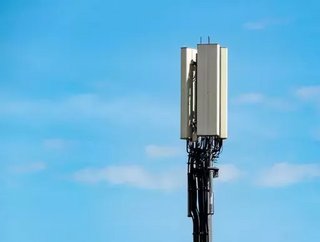Vodafone and O2: spectrum swapping will speed 5G rollout

Following Ofcom’s announcements of the final results of the UK’s latest 5G spectrum auction, mobile carriers O2 and Vodafone revealed this week that they have reached an agreement to swap some of the spectrum bands purchased, in order to improve performance on their networks.
The move feels oddly reminiscent of games of Monopoly my family played when I was young (before we collectively agreed that it’s a terrible board game and discovered better things to play, like Azul and Betrayal at House on the Hill). Around the middle of the game, when all the properties have been bought up, there almost always came a strategic trading phase. “I’ll give you Mayfare if you can turn over all your light blues.” Swapping around already owned properties on the board let you have a slightly better strategy and get on with the important business of building hotels to squeeze more money out of unwilling tenants.
O2 and Vodafone’s announcement is ostensibly not about squeezing more money out of their respective customers, but rather generating revenue thanks to better, faster, more reliable 5G networks, as well as speeding up the build-out phase of their 5G infrastructure.
O2 in particular has benefitted from the trade, which has seen it amass a sizable 80 MHz block of contiguous spectrum. Vodafone’s blocks of spectrum - which total about 90 MHz - aren’t completely contiguous, but the carrier says that the new deal should ensure “good proximity.”
“It means we have the best possible spectrum to continue giving our customers a fast and reliable 5G service,” said Vodafone CEO, Ahmed Essam in a statement to the press.
He added: “It will also enable us to open up amazing new possibilities for our enterprise customers, putting Britain at the forefront of innovation in vital areas like assisted surgery, remote training, and factory automation.”
The two telecom already have a partnership in place that allows them to share mast infrastructure.
The 5G spectrum reshuffle, both operators say, “will enable improved coverage for customers – both indoor and outdoor – across urban, suburban and rural areas,” due to the fact that contiguous blocks of spectrum support faster download speeds, lower latency and more energy efficient operations.
O2 CEO, Mark Evans, said on Wednesday that, “Securing contiguous blocks of spectrum is crucial to harnessing the true power of 5G – we will have the strongest indoor and outdoor connectivity and an ultra-reliable frequency.”






